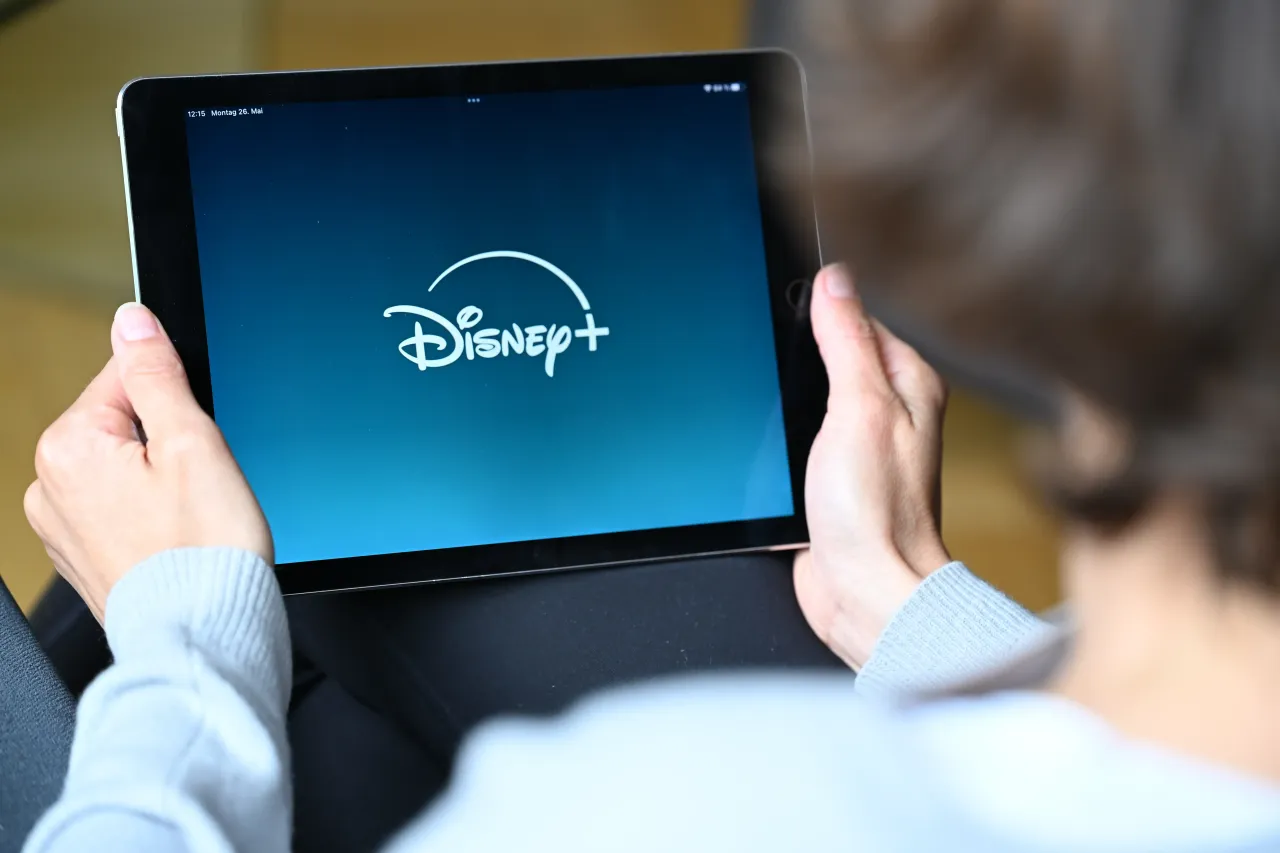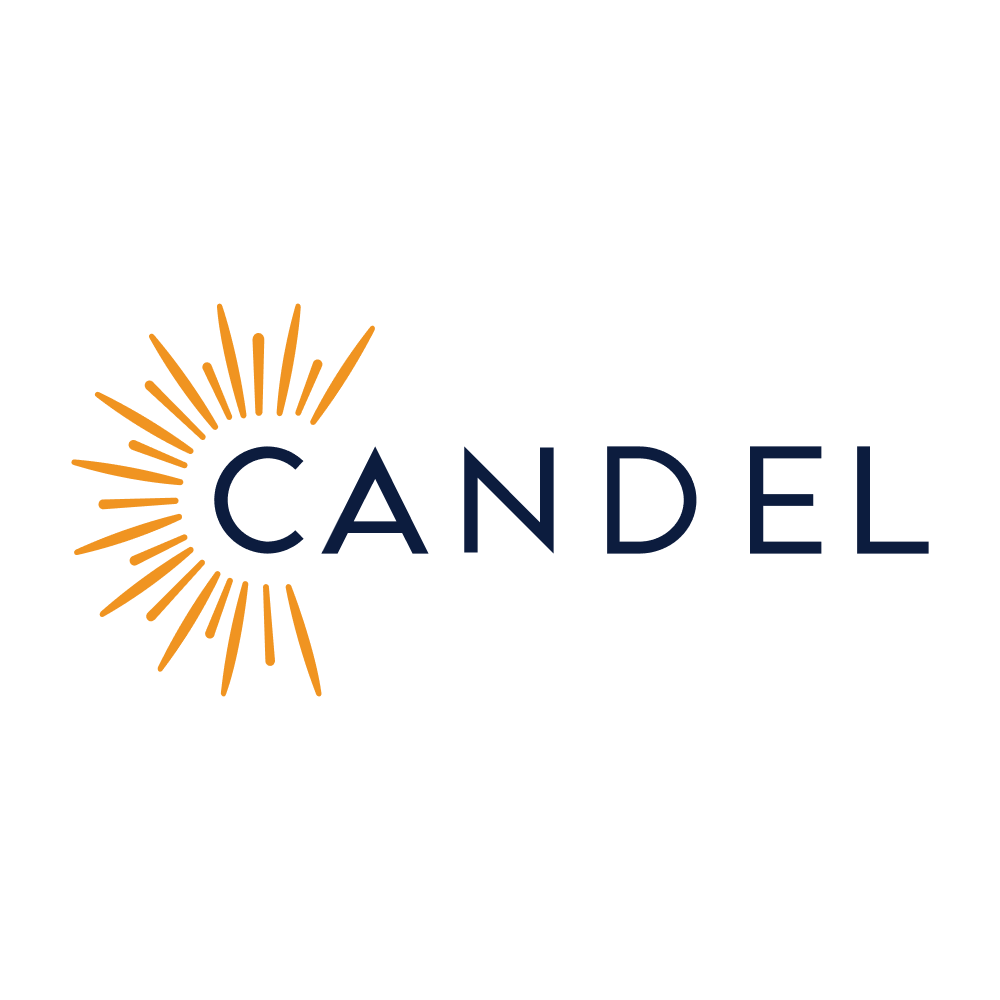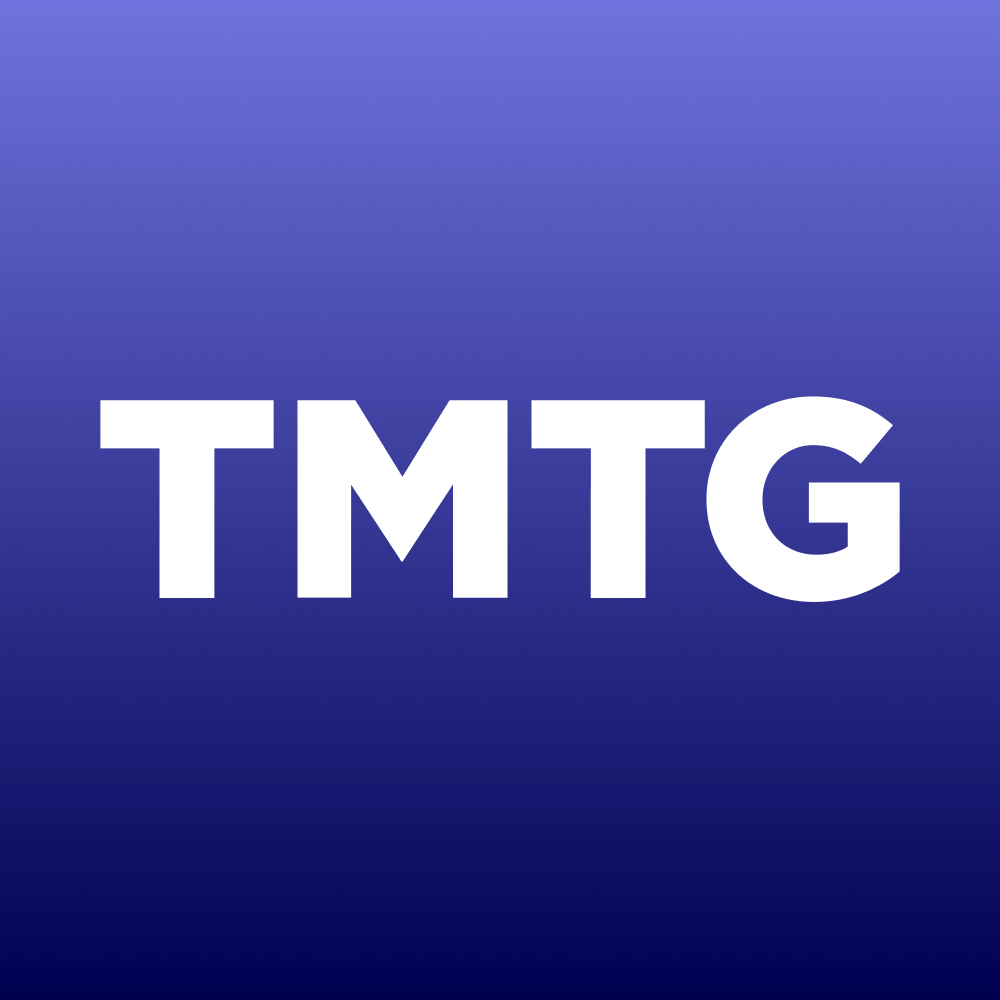Advertisement|Remove ads.
Disney Channels Go Dark On YouTube TV Amid Pricing Dispute Over Renewal Terms

- If the Disney content remains offline for an extended period, YouTube has promised to offer its subscribers a $20 credit.
- Alphabet reported this week that YouTube advertising revenue climbed 15% in the third quarter, driven by both direct response and brand advertising.
- Disney’s stock has gained only a percent this year, while Alphabet, the holding company of YouTube, has gained 49%.
Walt Disney Co. (DIS) pulled its content from Alphabet Inc.’s (GOOGL) YouTube platform on Thursday, escalating a dispute that underscores the broader strains facing traditional media. The standoff comes amid a steep decline in ad revenue and a fundamental shift in audience habits as viewers migrate to digital platforms.
Disney stock has gained only a percent this year, while Alphabet, the holding company of YouTube, has gained 49%.
Disney-YouTube Tussle
Updating a blog post on the ongoing dispute, YouTube said late Thursday that Disney fulfilled its threat issued last week and blacked out its content from Alphabet’s platform. YouTube said it was being used as a “negotiating tactic” to raise prices for its customers. “This decision directly harms our subscribers while benefiting their own live TV products, including Hulu + Live TV and Fubo.”
With no agreement by the October 30, 11:59 p.m. ET deadline, the blackout has taken effect. YouTube pays broadcasters to stream their channels on its platforms. The development comes even as YouTube said last week that it has been negotiating in good faith to negotiate a deal with Disney that pays them fairly for their content on YouTube TV. The platform also blamed Disney for proposing costly economic terms that would raise prices on YouTube TV customers and give them fewer choices. “Without an agreement, we'll have to remove Disney’s content from YouTube TV, and if it remains unavailable for an extended period of time, we will offer subscribers a $20 credit.”
YouTube has now confirmed that if the Disney content remains offline for an extended period, it will offer its subscribers the promised $20 credit.
Why It’s Important
Disney has strived to counter the weakness in its traditional media business with its focus on its streaming services, including Disney+, Hulu and ESPN+. The streaming business has also become highly competitive.
Alphabet reported this week that YouTube advertising revenue climbed 15% in the third quarter, driven by both direct response and brand advertising. YouTube was mentioned 43 times on the call, according to a Koyfin transcript, underscoring its importance within Alphabet’s broader strategy.
A CNBC report stated that YouTube resolved a similar issue with NBCUniversal in September, following a temporary extension of the original deadline.
For updates and corrections, email newsroom[at]stocktwits[dot]com.
Read Next: Netflix Opts For Another Stock Split — And Is Reportedly Interested In Some Warner Bros. Assets













/filters:format(webp)https://news.stocktwits-cdn.com/large_Bitcoin_Red_OG_jpg_d64521f99a.webp)
/filters:format(webp)https://st-everywhere-cms-prod.s3.us-east-1.amazonaws.com/Prabhjote_DP_67623a9828.jpg)
/filters:format(webp)https://news.stocktwits-cdn.com/large_Getty_Images_2238161001_jpg_d763653491.webp)
/filters:format(webp)https://st-everywhere-cms-prod.s3.us-east-1.amazonaws.com/IMG_9209_1_d9c1acde92.jpeg)
/filters:format(webp)https://news.stocktwits-cdn.com/large_Getty_Images_2202902434_jpg_34a840ada1.webp)
/filters:format(webp)https://news.stocktwits-cdn.com/IMG_4530_jpeg_a09abb56e6.webp)
/filters:format(webp)https://news.stocktwits-cdn.com/large_CZ_ZHAO_OG_2_jpg_f6124171e0.webp)
/filters:format(webp)https://news.stocktwits-cdn.com/large_Getty_Images_2248471134_jpg_9957fc576c.webp)
/filters:format(webp)https://news.stocktwits-cdn.com/large_patrick_soon_shiong_jpg_5f4d6bc18d.webp)
/filters:format(webp)https://news.stocktwits-cdn.com/IMG_8805_JPG_6768aaedc3.webp)